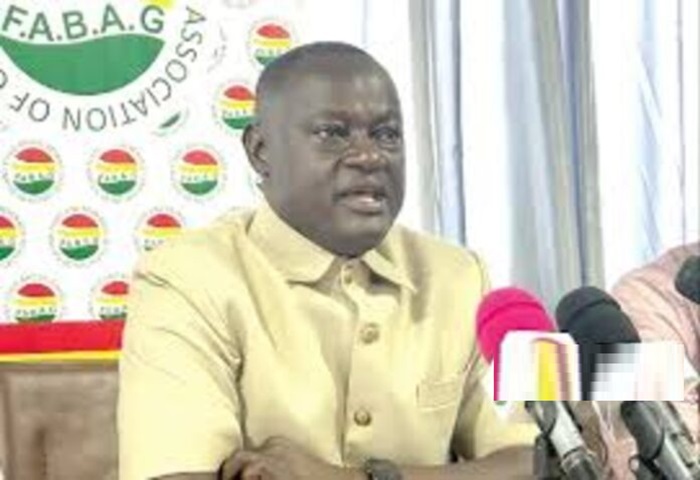ACCRA — The Food and Beverages Association of Ghana (FABAG) urged President John Dramani Mahama’s government on Tuesday to prioritize structural reforms at the Electricity Company of Ghana (ECG) and Ghana Water Company Limited (GWCL) over proposed tariff increases, warning that higher rates alone cannot resolve chronic inefficiencies and corruption plaguing the utilities.
Speaking at a press conference in Accra themed “Efficiency Before Tariffs: A Call for Urgent Presidential Reform of ECG and Ghana Water Company,” FABAG Executive Chairman Reverend John Awuni criticized the utilities’ repeated requests for hikes, noting they date back to the administration of former President John Agyekum Kufuor. “If tariff increases were the solution, ECG and GWCL should not have problems by now,” Awuni said, attributing the issues to poor work attitudes, corruption and revenue leakages rather than pricing.
The association’s call comes amid ECG and GWCL proposals for tariff rises of up to 255% between 2025 and 2030, which FABAG said would cripple local industries and households already strained by high costs. Ghana’s food and beverage sector, a key economic driver, faces squeezed margins and relocation risks to neighboring countries with lower utilities, exacerbating challenges under the African Continental Free Trade Area (AfCFTA).
FABAG issued a 30-day ultimatum for the government to establish a performance compact involving ECG, GWCL, the Public Utilities Regulatory Commission (PURC), Ministry of Finance and Energy Commission. The group proposed a Presidential Executive Reform Agenda (ERA) anchored on measurable key performance indicators (KPIs), enforced by a task force to curb technical and commercial losses. “There’s no amount of tariff increment that can solve the problems of ECG. There must be a reform,” Awuni emphasized, aligning the push with Mahama’s “Reset Ghana” agenda.
The Ghana Union of Traders Association (GUTA) echoed the concerns, stating high tariffs undermine Ghana’s AfCFTA competitiveness by inflating production costs. GUTA President Dr. Joseph Obeng called for a review of recent hikes to provide business relief.
Despite not opposing “fair or economic pricing,” FABAG stressed accountability and efficiency as prerequisites for any adjustments. The utilities’ financial woes, including ECG’s recurring losses, have eroded public trust and hindered economic growth, the association said.
Mahama’s administration, which took office after the December 2024 elections, has pledged reforms but faces pressure to deliver amid fiscal strains. FABAG plans to petition the presidency this week, reaffirming support for the reset initiative if it targets utility sector corruption.




